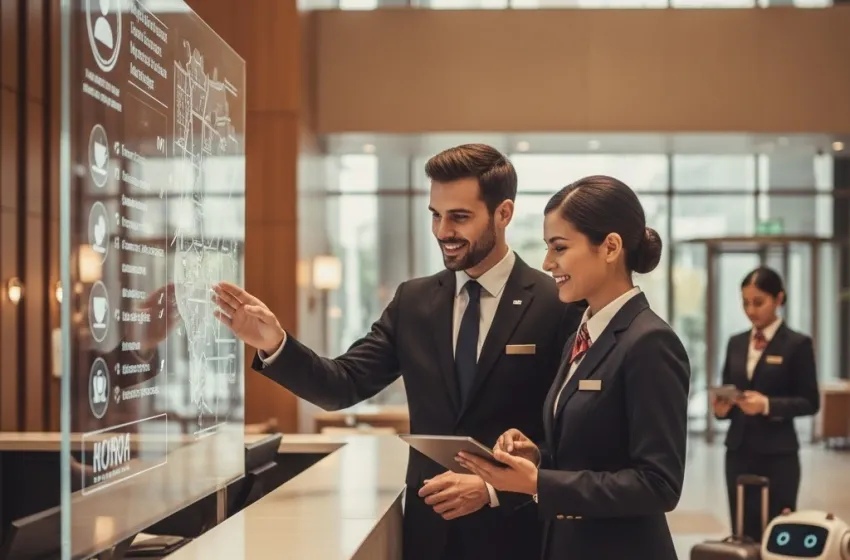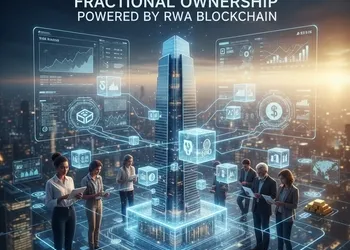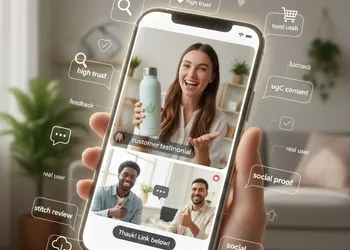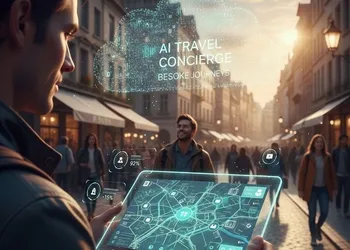Enhances human connection for truly meaningful, human-centric service.
In the rapidly evolving landscape of the modern hospitality industry, success hinges not just on technological innovation or exceptional personnel, but on the powerful and deliberate combination of both: Staff-Tech Synergy. This vital partnership ensures that technology serves as an enabler, amplifying human capabilities and elevating the guest experience, rather than diminishing the essential human-centric service that defines true hospitality. The future is not about staff versus tech; it's about staff and tech working in perfect harmony.
The Evolution of Service: Beyond Automation
The initial wave of digital adoption in hospitality often focused on replacing manual tasks—online booking, self-check-in kiosks, robotic cleaning. While these improved efficiency, they sometimes inadvertently chipped away at the personal touch. The new paradigm, however, recognizes that the true power of technology lies in AI augmentation—using sophisticated tools to empower human staff, enabling them to deliver service that is faster, deeper, and more personalized than ever before.
AI Augmentation: The Co-Pilot, Not the Pilot
AI augmentation is the bedrock of staff-tech synergy. Consider the modern hotel front desk. Instead of an overwhelmed agent searching through disparate systems, AI instantly aggregates guest data—past stays, dietary needs, preferences, recent social media mentions, and current booking details—and presents it to the agent in real-time. This doesn't replace the staff member; it transforms them into a hyper-informed, proactive consultant. The staff member still delivers the greeting, reads the body language, and offers a genuine smile, but their interaction is now fueled by unparalleled insight, making the welcome far more impactful. The technology handles the data, allowing the human to focus entirely on the emotional and relational aspect of the service.
Training Hospitality Staff for Enhanced Personal Interaction
The critical element in achieving successful staff-tech synergy is personalized staff training. It is not enough to simply hand staff a new tablet or software package; the training must be framed around a philosophy: how to use AI and data tools to enhance their personal interactions, not replace them.
A Shift in Focus: From Task-Based to Insight-Based Training
Traditional hospitality training focuses on standardized procedures. Training for the age of AI must shift to:
- Data Interpretation: Teaching staff not just what the data is, but what it means for the guest experience. For example, a staff member seeing a high frequency of room service breakfast orders and a late check-out request from the same guest might interpret this as a need for quiet, privacy, and convenience, prompting a proactive offer of a late-morning in-room coffee service refill rather than a standard farewell.
- Proactive Problem Solving: Using predictive analytics (like an AI forecasting high occupancy and potential check-in wait times) to train staff on pre-emptive measures, such as preparing mobile keys in advance or setting up a temporary express check-in lounge.
- Digital Empathy and Tone: Training staff on how to transition seamlessly between digital and face-to-face service. This includes maintaining a consistent, warm, and authentic tone in all digital communications (chatbots, personalized emails generated by AI) to ensure the guest feels the same warmth online as they do in person.
The "Meaningful Interaction" Framework
To ensure technology drives deeper connection, staff training should center on creating a meaningful interaction—a moment that is memorable, personal, and relevant to the guest. Technology is the tool that gathers the raw material for this interaction.
- Example 1: Using CRM Data for Welcome: A staff member notices via the CRM that a guest is a regular who always orders a specific type of herbal tea. Instead of asking, the staff member simply says, "Welcome back, Mr. Smith. I've already had your preferred Earl Grey tea set up in your room." The data tool provided the fact; the staff member provided the thoughtful, genuine gesture.
- Example 2: Using AI to Recover from Service Fails: If a guest provides a low score on a post-stay survey, AI can flag this immediately. A manager can then use the AI-generated summary of the stay (e.g., "Note: Guest complained about noise from the street") to craft a sincere, specific apology and compensation offer, demonstrating that the complaint was truly heard and understood, fostering loyalty that generic responses cannot achieve. This is enhancing human connection through data.
Enhancing Human Connection Through Technology
The fundamental irony of staff-tech synergy is that the most advanced technology is being used to reinforce the most human aspects of service. Technology frees up staff from transactional, repetitive tasks, allowing them to dedicate more time and cognitive energy to genuinely connecting with the guest.
| Old Paradigm (No Synergy) | New Paradigm (Staff-Tech Synergy) |
|---|---|
| Staff spends 70% of time processing payments, printing keys, and filling forms. | Staff spends 70% of time greeting guests, offering local recommendations, and resolving nuanced issues. |
| Meaningful interaction is missed due to high cognitive load and pressure. | Meaningful interaction is the focus, supported by instant data access. |
| Service is generic and reactive. | Service is personalized staff training driven, anticipatory, and specific. |
| Guest experience is dependent on the staff member's memory. | Guest experience is consistently excellent, informed by a unified data profile. |
This synergy transforms the staff member from a procedural operator into a true host or concierge. For instance, a concierge, equipped with location-based data (maps, traffic, and real-time event schedules) and guest history (preferences for fine dining vs. casual, family vs. solo), can offer tailored, actionable recommendations with confidence and speed. This is not the technology talking; it is the human enhancing human connection with superior resources.
The Future of the Staff Member: The Digital Host
The true takeaway from the successful implementation of staff-tech synergy is the elevation of the human role. Instead of being replaced, the staff member is freed to become the "Digital Host"—a role that demands higher-order cognitive skills:
- Emotional Intelligence (EQ): The ability to read, interpret, and respond appropriately to guest emotions—a task AI cannot fully replicate. The human element provides warmth, empathy, and genuine care.
- Discretion and Judgment: Knowing when to override a system recommendation or how to apply an automated policy with a human touch to de-escalate a situation.
- Cultural Fluency: Navigating complex social and cultural nuances during a meaningful interaction that data alone cannot provide.
Technology—AI, data analytics, predictive models—becomes the invisible framework that supports the staff. It streamlines the transactional, minimizes the routine, and maximizes the relational. By investing in personalized staff training focused on leveraging these tools, hospitality organizations ensure that their human capital remains their most valuable asset, creating service that is both highly efficient and deeply, authentically human. The result is a cycle of improvement: better technology leads to empowered staff, which leads to superior, human-centric service, driving loyalty and sustainable competitive advantage. Staff-tech synergy is not merely a strategy for efficiency; it is the essential blueprint for premium service in the 21st century.




























